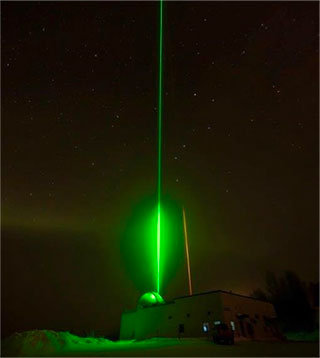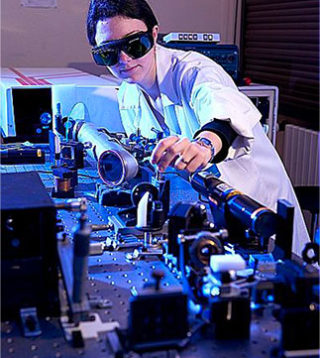Objectives
LEMON aims at developing a Lidar emitter for space applications to monitor greenhouse gases and water vapour.
LEMON will improve the accuracy of climate change analysis.
Based on innovative photonics components, LEMON will develop a cutting-edge Differential Absorption Lidar (DIAL) sensor concept that can either measure CO2, CH4 or water vapour stable isotopes in a rugged and compact architecture that matches mini-satellite missions size requirements.
LEMON aims at providing a versatile, multi-species emitter technology and demonstrate its capability by Airborne Lidar demonstration.
Moreover, water vapour isotopes have never been measured by Lidar so far, i.e. with remote and range resolved capability measurement, which will allow a real breakthrough in terms of hydrological studies.
LEMON : concept & impact

LEMON objectives
- Demonstrate unprecedented versatility in addressing the main green-house gases with a single instrument.
- Perform the first range resolved water vapour and isotopes Lidar measurements, leading to a better understanding in meteorology.
- With technical breakthroughs in terms of laser emitter output energy and wavelength tunability (1.98-2.3µm tunability) compared to a around 0.01 µm for the state of the art lidar emitters at 2.05µm.
- Demonstrate unprecedented reactivity by the possibility of multi-species simultaneous LIDAR detection (CO2 and water vapour simultaneous measurement, or water vapour and isotope HDO simultaneous measurement).
- Elaborate a road-map to integrate LEMON GFCU in a future space mission, taking into account on-going or planned activities within the EU (especially since photonics is one of the Key Enabling Technologies).
- Disseminate our concept to space agencies and future end-users to sustain LEMON exploitation.





